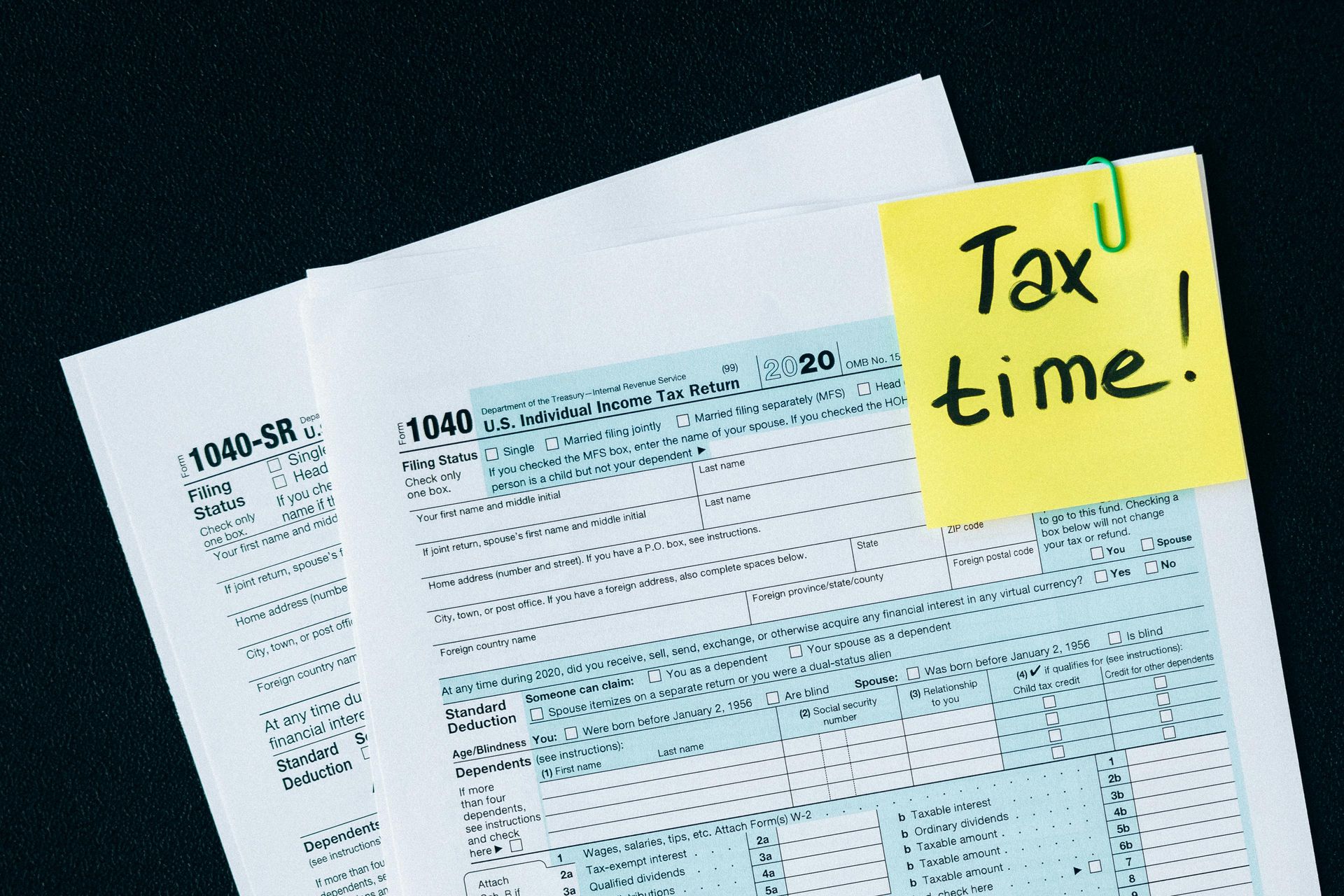What’s the Difference Between a Bookkeeper and an Accountant?
If you've ever wondered whether you need a bookkeeper or an accountant for your business, you're not alone. They both work with money and financial records, so it’s easy to confuse the two. But they actually play very different roles — and understanding those roles can help you decide who you need and when.
What a Bookkeeper Does
A bookkeeper handles the day-to-day financial tasks for your business. Their main job is to keep everything organized and recorded accurately. Here are some things a bookkeeper typically does: Records all your business transactions, (sales, purchases, etc.) Manages invoices and payments Handles payroll, Reconciles bank accounts, Keeps your books updated and tidy. In short, a bookkeeper keeps track of the money coming in and going out of your business. They make sure your financial information is current and accurate.
What an Accountant Does
An accountant looks at the bigger picture. They take the financial information the bookkeeper records and use it to help you understand how your business is doing and how you can improve. Here are some things accountants usually do: Prepare financial statements (like profit & loss reports), File taxes and help with tax planning, Analyze your business performance, Give advice on budgeting and growth, Help with financial decisions and strategy, So while a bookkeeper is focused on the details, an accountant is focused on the analysis and what those details mean for your business.
Which One Do You Need?
It depends on your business and what kind of help you're looking for. If you just need someone to keep your financial records in order, a bookkeeper might be enough. But if you want help understanding your finances, planning for taxes, or making big financial decisions, you’ll want an accountant. Many growing businesses use both — a bookkeeper to handle the daily tasks, and an accountant to guide the bigger picture.
Final Thoughts
Bookkeepers and accountants are both important, but they serve different purposes. Bookkeepers keep your financial records clean and current. Accountants use that information to give you insights, prepare taxes, and help your business succeed. If you're not sure which one you need, feel free to reach out — we’re happy to point you in the right direction.



